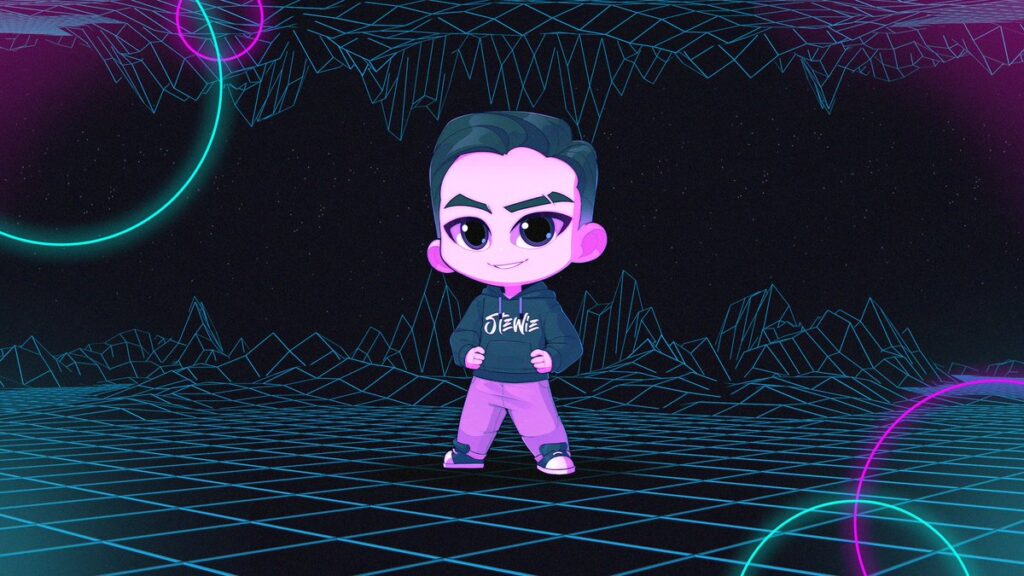January 24, 2024
Esports pro players have short-lived careers. The great thing is that there are many career opportunities for retired pros within esports.
Esports professional players spend years and years earning their stripes within the industry. They start as early as 16 and grind hard until they get noticed. However, most esports pros retire at 26, which means successful players enjoy the limelight for barely a decade. Sure, there are cases where a pro player competes in their 30s, but those are rare.
Career options for pro players in esports
For this reason, esports pro players may want to create a safety net as their retirement nears. Fortunately, the esports industry is flush with options.
Related | Sustainable career options in esports
Content creation and streaming
Content creation and streaming have become veritable digital empires for retired pro players. Beyond the thrill of live gameplay, successful streamers establish personal connections with their audience through engaging content. This goes beyond gaming; it’s about creating a brand. Players often collaborate with artists for unique visuals, develop signature catchphrases, and curate a distinctive online presence. Understanding algorithms, leveraging social media, and maintaining a consistent streaming schedule are key elements that contribute to a streamer’s success.
But not every pro player can comfortably transition into the role of a streamer. Historically, only successful pro players managed to create a solid fanbase. For example, Tarik “tarik” Celik, Jarosław “pashaBiceps” Jarząbkowski, and more.
It helps creating a fan following and social media during your prime to make sure you have a platform to stream and a fanbase when you retire.
Personal branding and merchandising
Establishing a personal brand goes beyond creating logos and merchandise; it’s about curating a lifestyle. Successful pro players leverage their unique personalities and experiences to connect with fans on a deeper level.

Collaborating with designers, they craft merchandise that reflects not just their gaming prowess but also their personal style. Building a lasting brand involves authenticity, consistency, and an understanding of the evolving tastes of the gaming community. Take Jacky “Stewie2K” Yip, for example. He launched his own store with merchandise, which was an instant success.
Coaching
Transitioning into coaching is not just about relaying in-game strategies; it’s a profound journey into mentorship and talent development. Successful coaches possess not only a deep understanding of the game but also keen insights into player psychology. They tailor their coaching style to individual personalities, fostering an environment where players can thrive. Beyond the gaming sphere, coaches often play a pivotal role in imparting life skills, emphasizing teamwork, discipline, and resilience.
Commentary and analysis
The world of commentary and analysis is a realm where storytelling meets strategy. Former pro players, armed with their firsthand experience, provide viewers with insights that go beyond the surface of gameplay. The ability to articulate complex strategies in a way that resonates with diverse audiences is a skill set honed by those who transition into commentary.
Analysis is a job that an eloquent pro player can carry out almost perfectly. Jacob “Pimp” Winneche, Henry “HenryG” Greer, and Lucas “Bubzkji” Andersen are great examples of pro players turned esports analysts.
Esports journalism
Esports journalism is not merely reporting scores and statistics; it’s about shaping the narrative of a burgeoning industry. Journalists delve into the human side of esports, conducting in-depth interviews, uncovering personal stories, and providing context to on-screen action. They bridge the gap between players and fans, offering a behind-the-scenes perspective that enriches the overall esports experience. Building a credible voice in the industry involves not only writing skills but also a deep understanding of the culture and dynamics of competitive gaming.
Game development and testing
Former pro players entering the realm of game development and testing bring a unique perspective to the table. Their intimate knowledge of gameplay mechanics and player experience is invaluable in creating and refining virtual worlds. Collaborating with development teams, they contribute to the design process, ensuring that games are not only competitive but also enjoyable. Keeping abreast of emerging technologies and industry trends is essential as they play a role in shaping the future of gaming.
The transition from pro player to industry professional is a dynamic journey filled with opportunities for growth and impact. Whether it’s through the visually immersive world of streaming, the strategic depth of coaching, or the storytelling prowess of journalism, retired pro players have a myriad of paths to explore.